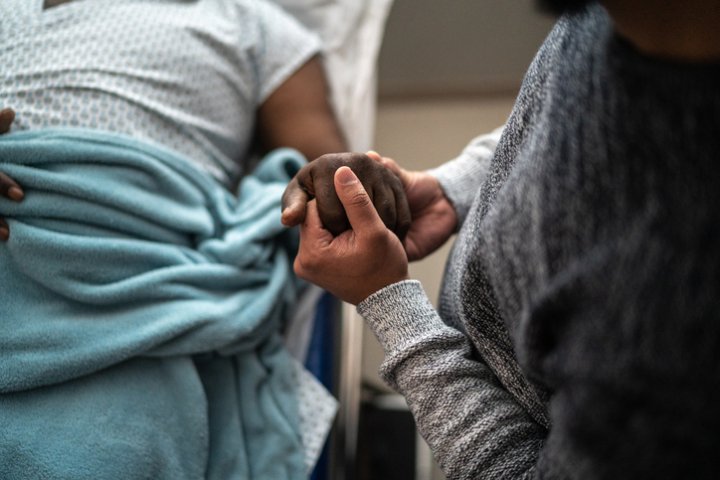Local Stroke Center May Be Off Limits to Patients in Black Neighborhoods
Share
Explore Our Galleries
Breaking News!
Today's news and culture by Black and other reporters in the Black and mainstream media.
Ways to Support ABHM?
By Suzanne Leigh, UCSF
UCSF-Led Study Shows Race, Income, Location Play Role in Who Gets Optimal Treatment

Residents in predominantly Black communities are more likely than those in predominantly white communities to live near a hospital with a certified stroke center. But a new study shows that when residents in these Black communities have a stroke, they are at greater risk of receiving care at a less-resourced hospital, where their chances of recovery are slimmer.
In their retrospective study, researchers led by corresponding author Renee Hsia, MD, MSc, of the Department of Emergency Medicine at UC San Francisco, tracked patient demographics of general acute-care hospitals in the United States that offered stroke certification over a 10-year duration. Of the 4,984 hospitals, 961 were stroke certified in 2009, versus 1,763 in 2019, the researchers reported in their study publishing in JAMA Neurology on June 27, 2022.
Stroke center certification ranges from primary stroke centers, which provide standard care, to comprehensive stroke centers that can treat the most complex cases. Treatment at stroke centers is associated with lower rates of mortality and severe disability, according to recent studies that point to features such as rapid triage, specialized neurosurgeons, advanced imaging facilities and swift access to thrombectomy, a surgery to remove a blood clot from inside an artery or vein.
The researchers found that residents of majority Black communities, which were served by 10% of the hospitals in the study, were 1.67 times more likely to live close to hospitals with specialty stroke centers, compared to residents of majority white communities. However, when adjusting for population and hospital bed capacity, these patients were 26% less likely to receive care there, the researchers stated.
Find out more about this study and its findings.
Another recent study found that Black Americans were more likely to die from air pollution.
Our breaking news archive includes related studies.









Comments Are Welcome
Note: We moderate submissions in order to create a space for meaningful dialogue, a space where museum visitors – adults and youth –– can exchange informed, thoughtful, and relevant comments that add value to our exhibits.
Racial slurs, personal attacks, obscenity, profanity, and SHOUTING do not meet the above standard. Such comments are posted in the exhibit Hateful Speech. Commercial promotions, impersonations, and incoherent comments likewise fail to meet our goals, so will not be posted. Submissions longer than 120 words will be shortened.
See our full Comments Policy here.